Head and Neck Surgeon The Colony TX: Expert Care for Complex Conditions
Are you experiencing head or neck pain? Our team of highly skilled head and neck surgeons in The Colony, TX is dedicated to providing exceptional care for patients with complex conditions. With a focus on minimally invasive techniques, we strive to deliver the best possible outcomes for our patients.
Understanding Head and Neck Conditions
The head and neck region is a complex area of the body that houses vital organs and structures, including the brain, eyes, ears, nose, mouth, and throat. When these areas are affected by disease or injury, it can have a significant impact on a person's quality of life.
Some common head and neck conditions that may require surgical intervention include:
• Brain tumors: Benign and malignant tumors can develop in the brain and require surgical removal.
• Pituitary tumors: These tumors can affect hormone production and cause various symptoms.
• Acoustic neuromas: Acoustic neuromas are non-cancerous tumors that grow on the auditory nerve.
• Meningiomas: Meningiomas are benign tumors that grow on the meninges, the protective membranes surrounding the brain and spinal cord.
• Skull base tumors: These tumors can affect the base of the skull and involve multiple cranial nerves.
• Parathyroid tumors: Parathyroid tumors can cause hyperparathyroidism, a condition characterized by excessive calcium levels in the blood.
• Thyroid tumors: Thyroid tumors can be benign or malignant and may require surgical removal.
• Laryngeal cancer: Laryngeal cancer is a type of cancer that affects the larynx, or voice box.
• Salivary gland tumors: Salivary gland tumors can be benign or malignant and may require surgical removal.
The Importance of Choosing the Right Head and Neck Surgeon
When selecting a head and neck surgeon, it's essential to choose a qualified and experienced professional who specializes in treating these complex conditions. A skilled surgeon can accurately diagnose your condition and recommend the most appropriate treatment plan.
Minimally Invasive Neurosurgery of Texas: Your Trusted Partner in Head and Neck Care
At Minimally Invasive Neurosurgery of Texas, we are committed to providing the highest quality head and neck care. Our team of experienced surgeons and specialists is dedicated to using the latest techniques and technologies to deliver exceptional results.
Our Approach to Head and Neck Surgery
We believe in a patient-centered approach to head and neck surgery. We take the time to understand your individual needs and goals, and we work closely with you to develop a personalized treatment plan.
Our head and neck surgeons offer a comprehensive range of services, including:
• Diagnosis and evaluation: Our team will conduct a thorough evaluation to accurately diagnose your condition. This may involve imaging tests, such as X-rays, MRIs, or CT scans, as well as physical exams and consultations with other specialists.
• Non-surgical treatments: In some cases, non-surgical treatments may be recommended, such as radiation therapy or chemotherapy.
• Minimally invasive surgery: Our surgeons specialize in minimally invasive surgical techniques, which often result in less pain, a shorter recovery time, and fewer complications compared to traditional open surgery.
• Post-operative care: Our team provides comprehensive post-operative care to ensure a smooth recovery.
The Benefits of Minimally Invasive Head and Neck Surgery
Minimally invasive surgery offers several benefits, including:
• Smaller incisions: Minimally invasive techniques often involve smaller incisions, which can lead to less pain and a faster recovery time.
• Less blood loss: Minimally invasive surgery typically results in less blood loss than traditional open surgery.
• Shorter hospital stay: Patients who undergo minimally invasive surgery often have shorter hospital stays.
• Faster recovery: Many patients experience a faster recovery time after minimally invasive surgery.
• Reduced risk of complications: Minimally invasive surgery is often associated with a lower risk of complications.
Choosing the Right Head and Neck Surgeon
When selecting a head and neck surgeon, it's important to consider the following factors:
• Experience and qualifications: Look for a surgeon who is experienced and qualified to treat head and neck conditions.
• Specialization: Choose a surgeon who specializes in treating your specific type of condition.
• Hospital affiliation: Consider the surgeon's affiliation with a reputable hospital.
• Patient reviews: Read reviews from other patients to get a sense of the surgeon's bedside manner and the quality of care provided.
Contact Us Today
If you're experiencing symptoms related to a head or neck condition, don't hesitate to contact Minimally Invasive Neurosurgery of Texas. Our team of skilled surgeons is dedicated to providing you with the best possible care.
Minimally Invasive Neurosurgery of Texas - Your trusted partner in head and neck care.
Contact us to schedule a consultation.
Additional Topics to Consider:
• The Importance of Early Diagnosis: Early diagnosis and treatment of head and neck conditions can help prevent complications and improve outcomes.
• The Role of Physical Therapy in Recovery: Physical therapy can be a valuable tool for rehabilitation after head and neck surgery. It can help improve strength, range of motion, and function.
• The Impact of Head and Neck Conditions on Quality of Life: Head and neck conditions can significantly impact a person's quality of life. Seeking treatment can help improve symptoms and restore function.
• The Latest Advances in Head and Neck Surgery: Stay informed about the latest advancements in head and neck surgery to ensure you receive the most effective treatment.
• The Role of Technology in Head and Neck Surgery: Advances in technology have led to less invasive and more effective surgical techniques.
• The Importance of Patient Education: Understanding your condition and treatment options can help you make informed decisions about your care.
• The Role of Support Groups: Connecting with others who have experienced similar conditions can provide valuable support and encouragement.
By choosing Minimally Invasive Neurosurgery of Texas, you're taking the first step towards a better quality of life.
Contact us today to schedule a consultation.
Additional Insights:
• Pre-Operative Planning: Before surgery, your surgeon will likely conduct a thorough evaluation to determine the best treatment approach. This may involve imaging tests, such as X-rays, MRIs, or CT scans, as well as physical exams and consultations with other specialists.
• The Recovery Process: Recovery from head and neck surgery can vary depending on the type of surgery performed and the individual patient. Your surgeon will provide you with specific instructions for post-operative care, including pain management, physical therapy, and activity restrictions.
• The Role of Pain Management: Post-operative pain management is an important aspect of recovery. Your surgeon may prescribe pain medication or recommend other pain management techniques, such as physical therapy or acupuncture.
• The Importance of Follow-up Care: Regular follow-up appointments with your surgeon are essential for monitoring your progress and addressing any concerns.
• The Long-Term Outlook for Head and Neck Conditions: With appropriate treatment, many people with head and neck conditions can lead active and fulfilling lives. However, it's important to manage your condition and follow your doctor's recommendations to prevent complications.
By choosing Minimally Invasive Neurosurgery of Texas, you're investing in your health and well-being.
Contact us today to schedule a consultation.
Don't let head or neck pain control your life. Contact Minimally Invasive Neurosurgery of Texas today to schedule a consultation and take the first step towards a better quality of life.


